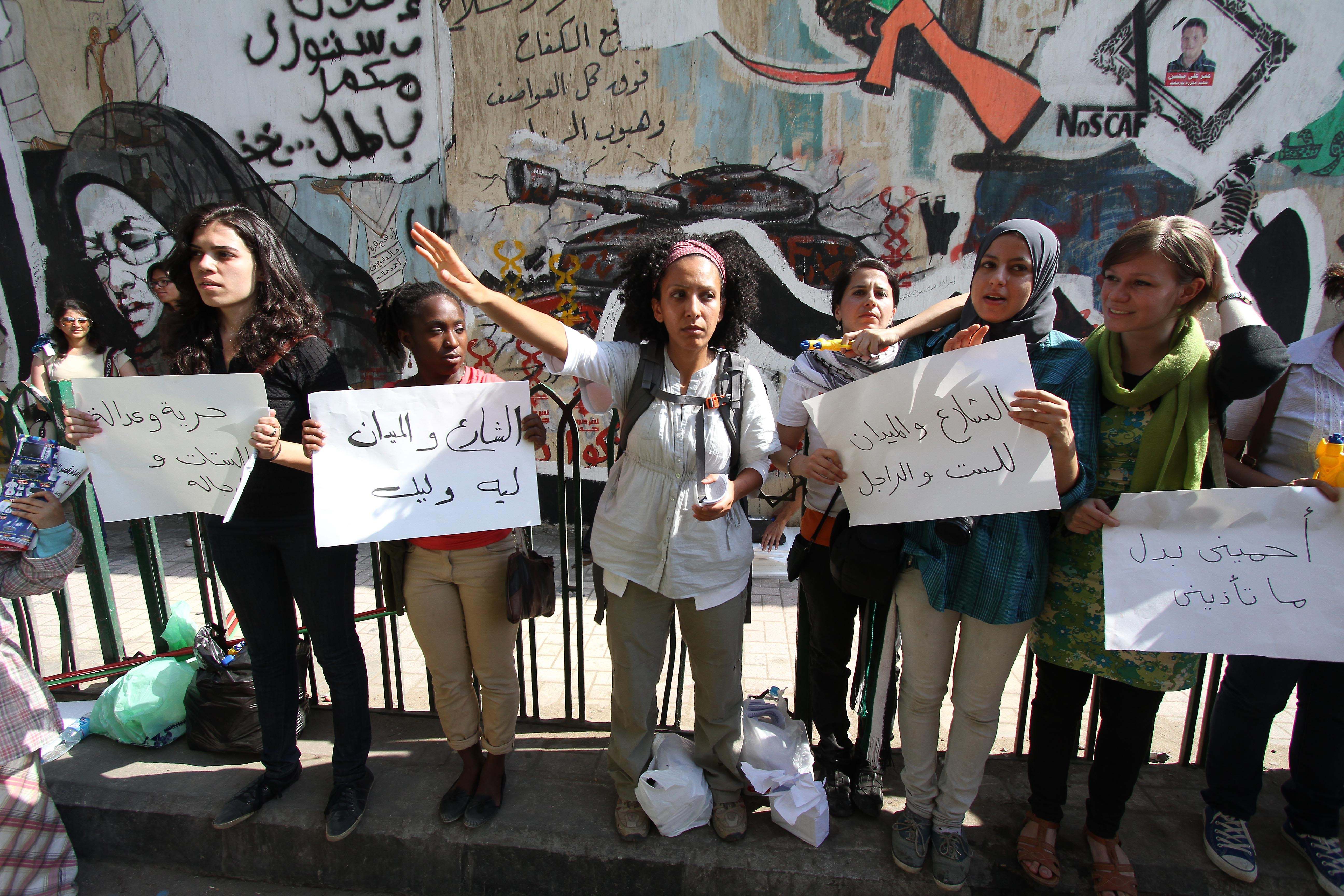Following the inauguration of the Global Centre for Combating Extremist Ideology (GCCEI) on Sunday, questions were raised as to what mechanisms will be introduced to fight extreme dialogues and thoughts in the region, especially as there are other centres formed for the same goals in Arab countries.
The difference between the GCCEI and any other present centre in Arab countries is the participation of the United States, as this is seen as being highly beneficial due to its status as the super power of the world.
President Abdel Fattah Al-Sisi participated with Saudi King Salman bin Abdulaziz Al-Saud and US president Donald Trump in inaugurating the centre. This came following the conclusion of the US-Arab-Islamic Summit that was held in attendance of 56 leaders of Muslim countries.
Despite statements implying that the center would provide advanced services, it is still unclear how its goals will be implemented or who its members will be. The centre is located in Riyadh and aims at spreading principles of moderation. Its creation comes as part of an initiative launched by Saudi Arabia to confront extremism and terrorism.
Tarek Fahmy, a political science professor, told Daily News Egypt, that he could not yet say anything about the centre, as its working mechanisms are still not announced; however, he could not see anything different, especially that there are other centres working for the same goals but have made few achievements.
The professor referred to Al-Azhar’s attempts to combat extremist ideologies and centres in the United Arab Emirates, such as Hedayah and SAWAB, to counter violent extremism.
Speaking on what Egypt could provide for the centre to achieve its goals, Fahmy said that Egypt has conducted good studies on ways and causes of recruitment of youth to be militant fighters, which is something Saudi Arabia is not fully aware of. He also added that the participation of top clerics from Al-Azhar will benefit, due to their expertise in the field of combating extremism.
As for the summit, speeches about counterterrorism were given by seven leaders, beginning with the Saudi king and ending with the leaders of Malaysia and Indonesia. Al-Sisi, Trump, and Salman’s speeches came at the beginning, pointing out various mechanisms to fight terrorism.
The mechanism that came at the top of Al-Sisi’s speech was putting an end to sources of funding for terror organisations, as this has been something he always has called for in his previous speeches and talks.
The president focused on four elements in his speech to fully confront terrorism. The first included fighting all terror organisations with discrimination, describing them as “a cancerous network that are interconnected in most parts of the world by numerous bonds.”
He also noted that the comprehensive confrontation of these organistions requires addressing all dimensions of funding and arming, as well as political and ideological support. “A terrorist is not only the one who carries arms, but also the one who trains, funds, arms, and offers a political and ideological cover,” Al-Sisi said.
The president also referred to the war against terrorist organisations in northern Sinai, noting that Egypt is continuing its effort to eradicate these groups and has achieved victories and steady progress on this issue.
He further referred to Al-Azhar’s efforts over the past years to renew religious discourse in the country, and he asserted that he has introduced the initiative of renewing religious discourse for the sake of countering terrorism.
Al-Sisi addressed the issue of sources supporting terror groups, saying, “Who buys from them the natural resources they control, like oil? Who is involved with them in the trade of antiquities and narcotics? Where do they receive the financial donations from? How are they offered media presence through media outlets that have accepted to become a propaganda platform for terrorist organisations?”
He continued that there are countries funding and supporting these groups and others that reject to give information about these groups’ fighters, even to Interpol.

